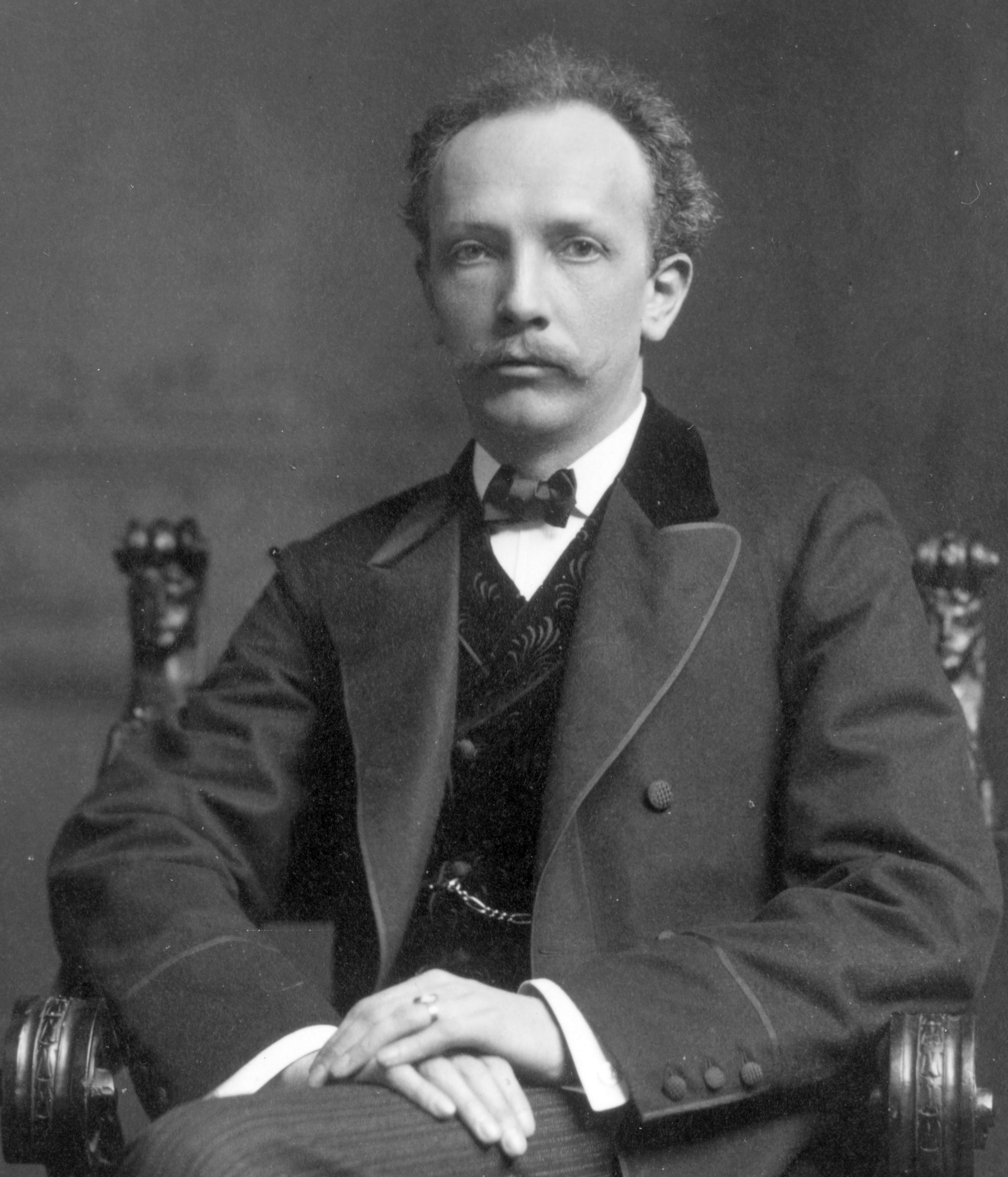“Indian summer” is a term often applied to Richard Strauss’ last works, in which he set aside the sensationalism of his earlier tone poems and operas in favor of a unique sort of intimate nostalgia: two Mozartean wind sonatinas, a snappily heroic horn concerto, a fragrant waltz titled simply Munich. That all these were written during World War II might surprise, but their surface detachment from the horrors of the war intensifies their fragile bittersweetness. One work of this period, though, which does seem to reflect Strauss’ feelings about the events surrounding him is his anguished Metamorphosen for strings, written in March–April 1945. (The immediate spur to this work may have been the firebombing of Dresden on February 13–15.) Now consolatory, now soaring, now weighted by grief, it’s clearly an elegy for something: musical romanticism, the war’s victims, the past glories of German art, so perverted by the Third Reich—or for the Reich itself, as at least one contemporary critic claimed accusingly. Or even for Strauss himself, as Glenn Gould seemed to suggest when he wrote of Metamorphosen in 1962: “I can think of no music which more perfectly conveys that transfiguring light of ultimate philosophic repose… the vast harmonic imagination always characteristic of Strauss… conveys a vivid sense of one who has experienced great doubt and still finds affirmation… of one who has recognized the many sides of truth.” In this sense it’s an insightful companion piece to Mozart’s deathbed Requiem, which ended up being his final, unfinished work; the Seattle Symphony plays both this weekend under conductor Ludovic Morlot. Benaroya Hall, Third Ave. & Union St., 215-4747, seattlesymphony.org. $20–$120. 7:30 pm. Thurs., Oct. 30; 8 p.m. Sat., Nov. 1; 2 p.m. Sun., Nov. 2.
“Indian summer” is a term often applied to Richard Strauss’ last works,







